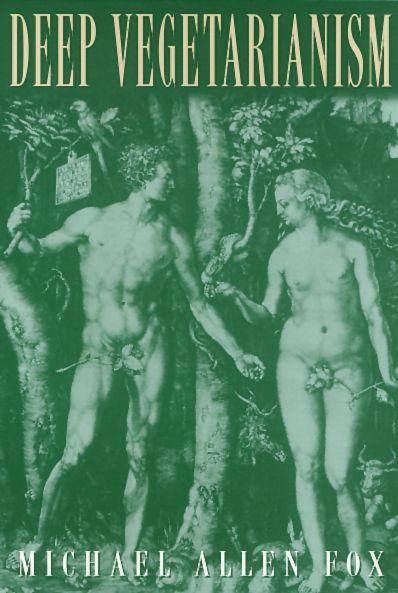This work is a defence of a vegetarian lifestyle. Considering the major arguments for and against vegetarianism and the habits of meat-eaters, vegetarians and vegans alike, the author addresses cultural, historical and philosophical background, and details the overall impact of vegetarianism.
Inhaltsverzeichnis
Series Foreword Preface Acknowledgments 1. A Historical-Philosophical Overview Learning from the History of Vegetarianism Antiquity and the Special Case of Porphyry From Medieval Times to the Modern Era 2. You Are What You Eat (Almost): The Meaning of Food Food Symbolism The Meaning of Meat Vegetarian Meanings 3. Compartmentalization of Thought and Feeling-and the Burden of Proof The Compartmentalization Phenomenon Inconsistency Failing to See Connections A Brief Case Study: Environmental Ethicists and Meat-Eating Reversing the Burden of Proof 4. Vegetarian Outlooks Types of Vegetarianism Experiences, Emotions, and Vegetarianism Grounds for Vegetarianism The Moral Status of Animals 5. Arguments for Vegetarianism: I An Overview Good Health Animal Suffering and Death Impartiality, or Disinterested Moral Concern 6. Arguments for Vegetarianism: II The Environmental Impact of Meat Production The Manipulation of Nature World Hunger and Injustice Interconnected Forms of Oppression Common Threads 7. Arguments for Vegetarianism: III Wisdom Traditions and Modern Parallels Interspecies Kinship and Compassion Universal Nonviolence (Ahimsa) Earthdwelling: Native Peoples' Spirituality Major Religions and Minority Voices Vegetarian Building Blocks 8. Arguments Against Vegetarianism The Consequences of Vegetarianism Humans as Natural Carnivores Animals as Replaceable An Ecological Objection The Necessity of Killing A Feminist Critique of Vegetarianism Indigenous Peoples, Cultural Imperialism, and Meat-Eating Preventing Carnivorous Behavior in Nature Eating Shmoos and Other Consenting or Indifferent Animals Why Not Eat Free-Range Animals? The Requirement of Moral Sainthood Some Observations 9. Conscience and Change The Vegetarian Conscience Vegetarianism or Veganism? New Directions and Creative Thinking A Way of Life Notes Select Bibliography Index












